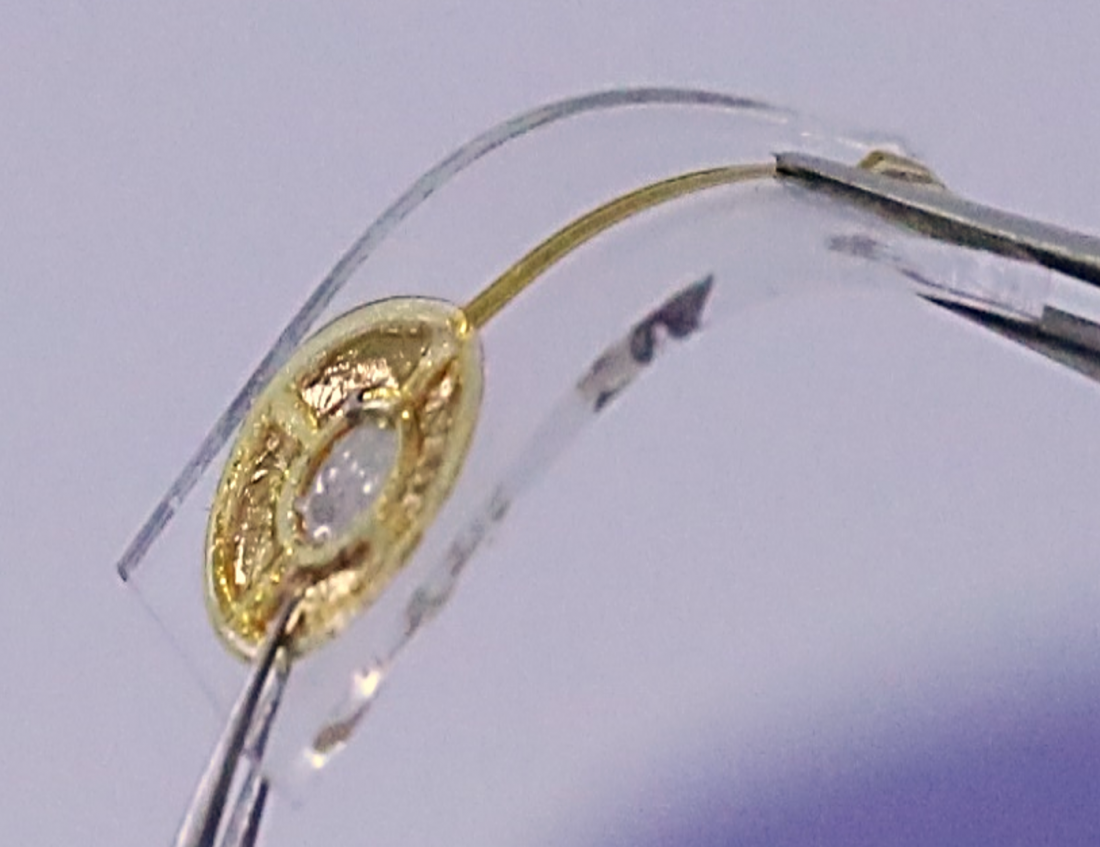□ A research team led by Professor Kyung-In Jang at the Department of Robotics and Mechanical and Electronic Engineering, DGIST (President Kunwoo Lee), and another led by Professor Jihwan Choi at the Department of Aerospace Engineering, KAIST (President Kwang Hyung Lee), announced on Thursday, December 7th, that they had developed an artificial electronic tongue system that mimics the human gustatory system. This system is expected to be applied in various industries, including food, liquor, cosmetics, and pharmaceuticals, as it effectively integrates sensors and deep-learning technology to measure saltiness, sourness, bitterness, and sweetness simultaneously and accurately.
□ The electronic tongue is an artificial taste sensor that can distinguish various tastes and quantitatively evaluate detailed features by mimicking the gustatory system. It enables objective and consistent taste evaluation and can therefore be an essential tool in developing new products and quality control. The electronic tongue functions as the taste receptors of taste buds, and substances transduce chemical information into electrical signals. The brain then receives the signal through a neural network and differentiates the taste. However, previous research has limitations in terms of accuracy and reliability, as it lacks integration with deep-learning technology. This is because the development aspect of the research focused on the sensor part of the electronic tongue.
□ By addressing these challenges, the research teams led by Professors Jang and Choi succeeded in developing an electronic tongue system that effectively integrates sensors and deep-learning technology. The research teams created four sensors to detect each taste and developed a millimeter-scale well structure for the sensor element to enable stable measurement. Moreover, a customized deep-learning algorithm was introduced to conduct taste analysis effectively.
□ The research team tested six different wines and conducted taste profiling experiments using the novel electronic tongue system. Through the use of deep-learning technology, it succeeded in classifying the six different wines with a probability of over 95% and implemented a recommendation system that suggested wines similar to the existing wines. This proved the vast applicability of the electronic tongue system. Furthermore, its application potential is expected to expand to various fields, such as food and liquor development, cosmetics, and pharmaceuticals.
□ Professor Kyung-In Jang from the DGIST Department of Robotics and Mechanical and Electronic Engineering said, “The novel technology developed in this study is an electronic tongue system that integrates sensors and deep learning and measures complex flavors, and it is a sensor-deep-learning technology that can quantitatively evaluate taste, which was difficult in the past.” Professor Jang added, “We have confirmed that the system can distinguish taste with a high probability through testing with wine. We will further develop this research into technologies that can be used in the food industry and diverse fields, such as the cosmetics or pharmaceutical industry.”
□ The results of this study were published in September in the online edition of the international academic journal “ACS Applied Materials & Interfaces.”
- Corresponding author e-mail Address : [email protected]



